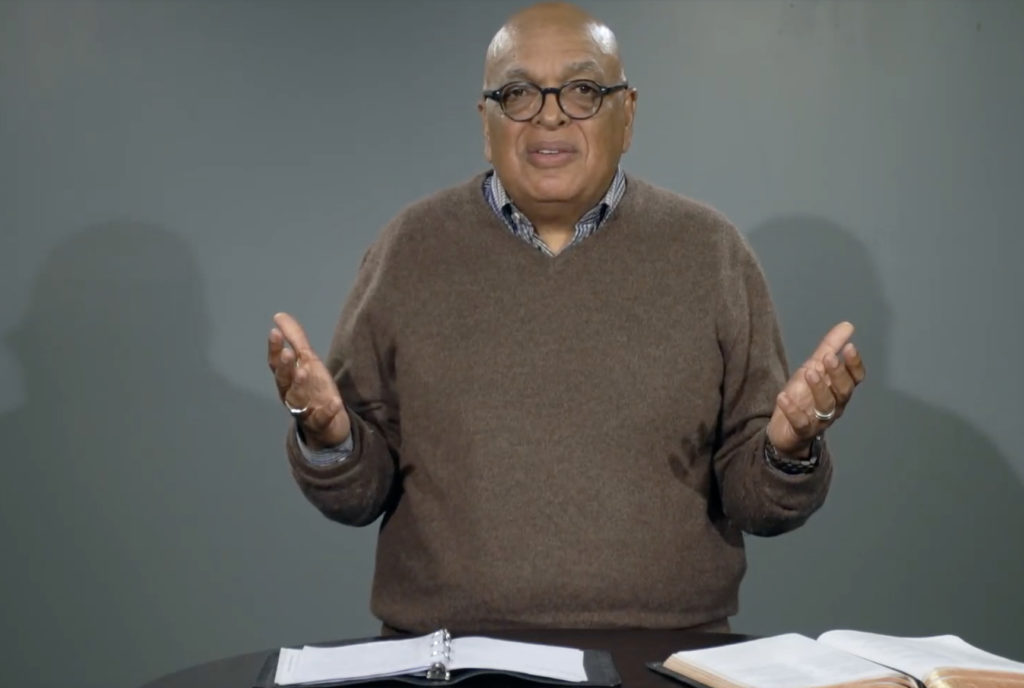Henry felt a clear call from God to serve His church as a pastor. He finished up college and even went to seminary. He took on his first pastoral role at a small church 30 miles from his hometown. He served the church faithfully for years but by year 11, Henry felt disillusioned, fed up and tired of drama. Frankly he was burned out. He quit the ministry and never served as a pastor again.
Why did Henry, who once felt such a clear calling from God to serve as a pastor, eventually leave the ministry, never to return?
According to a recent LifeWay Research study, this “story” is a common one, at least more common than one might hope.
LifeWay Research surveyed 734 former pastors who left the pastorate before retirement age in four Protestant denominations. The survey found that there were several crucial elements missing from churches that could have led to pastors quitting the pastorate.
Trouble begins early, the survey indicates, with 48 percent of former pastors saying the search team didn’t accurately describe the church before their arrival.
Their churches also were unlikely to have a list of counselors for referrals (27 percent), clear documentation of the church’s expectations of its pastor (22 percent), a sabbatical plan for the pastor (12 percent), a lay counseling ministry (9 percent) or a support group for the pastor’s family (8 percent). Forty-eight percent say their church had none of these.
Dale Huff, director of the office of LeaderCare and church administration at the Alabama Baptist State Board of Missions (SBOM), said he has seen countless times where a church sets its pastor up for failure by having unrealistic expectations of him.
“Most churches do not have any job description for a pastor,” Huff said. “But when I ask them why they say, ‘We just expect him to do anything that needs to be done.’ So he does walk in without a clear job description, which means he walks in with every member having his or her own job description for what a pastor should be and do. Those expectations are beyond reasonable. He cannot meet everybody’s job description.”
The LifeWay study points to ways churches can encourage pastors to stay in the ministry, said Ed Stetzer, executive director of the Nashville-based research organization.
“Having clear documents, offering a sabbatical rest and having people help with weighty counseling cases are key things experts tell us ought to be in place,” Stetzer said.
Of the pastors surveyed 56 percent say they clashed with their churches over changes they proposed to the church, and 54 percent say they experienced a significant personal attack. Yet nearly half (48 percent) say their training didn’t prepare them to handle the people side of ministry.
“Many seminary programs don’t even require courses on the people side — they’re focused on theology, biblical languages and preaching, which are important, but almost half of the pastors felt unprepared for dealing with the people they were preparing in seminary to lead and serve,” Stetzer said.
Huff said even when he was in seminary 40 years ago he heard the same refrain: “Seminaries train in church history, theology and biblical studies, Greek and Hebrew but why don’t they train you how to get along with people?”
Hands on training
“There is that challenge,” Huff said. “Seminary is more academic and I don’t think we should dilute that. It is true that ministers go through the training at seminary and walk into a church not adequately prepared to deal with the people issues and the administrative, procedural and leadership issues that a local church requires. …
But I think that to some degree that is true with almost any profession or vocation. Doctors have to go through a period of hands-on training as well as the classroom. Schoolteachers have to do a certain number of months of classroom teaching before they get their own classroom to lead.
“Beyond the people issues, we also need to train in the emotional and psychological aspects of ministry — how to manage the anger and then the frustration that comes from trying to lead a church. … Churches don’t change as quickly as pastors would like them to. Frustration is a common cold of pastoring,” Huff said.
Though almost two-thirds of the pastors surveyed (63 percent) spent more than a decade as a pastor, they eventually moved on — most to another ministry role other than pastor (52 percent) but 29 percent to nonministry work.
Forty percent say they left the pastorate because of a change in calling. They also cite such issues as church conflict (25 percent), burnout (19 percent), personal finances (12 percent) and family issues (12 percent).
Interrelated issues
Stetzer said, “These things are interrelated. If you’re burning out, chances are when conflict arises you’re not going to respond well and that will make the conflict worse.”
A second survey of 1,500 current pastors was done in March 2015. Almost across the board the former pastors report more negative views than current pastors who answered the same questions several months earlier, something Huff said points to the one-sided nature of the survey of former pastors — questioning only the pastors and not the churches they served.
“If you asked the churches about these pastors who have most immediately left you’d get a different impression of what the reasons were,” Huff said.
He did acknowledge, however, that an accurate survey would be unobtainable from a church because one member’s thoughts would not wholly reflect the church’s perspective on the situation.
Stetzer said, “Either current pastors are painting a rosy picture that doesn’t fully describe reality, or those leaving the pastorate are in a less healthy position. Probably there’s truth to both of those.”
Current and former pastors agree the job is demanding: 84 percent of current pastors and 83 percent of former pastors say they feel on call 24 hours a day, while 48 percent of each group say the demands of ministry often feel like more than they can handle.
On other measures, however, the differences can be stark:
- 21 percent of current pastors versus 49 percent of former pastors believe their church has unrealistic expectations.
- 35 percent of current pastors versus 62 percent of former pastors report feeling isolated.
- 89 percent of current pastors versus 68 percent of former pastors feel free to say “no” to unrealistic expectations.
- 92 percent of current pastors versus 61 percent of former pastors believe their congregation provides genuine encouragement to their family.
- 94 percent of current pastors versus 74 percent of former pastors say they consistently protect family time.
Preventing conflict
Former pastors also are less likely than current pastors to report an enthusiastic spouse, to take a weekly day of rest and to work at preventing conflict. They are more likely to worry about their family’s financial security and frequently get irritated with people at church.
The churches in which they serve look markedly different, according to the survey. Current pastors report their churches are more than twice as likely as those of former pastors to offer a sabbatical plan and a list of counselors for referrals; more than three times as likely to have a lay counseling ministry and a document listing expectations of the pastor; and more than four times as likely to have a pastor support group.
“When we see a number of items all looking a little less healthy, they can add up,” Stetzer said. “But many of the gaps are preventable. It’s going to take a combination of the seminaries, academia, denominational folks and even outside ministries putting their heads together and seeking God on how best to support pastors.”
Huff said, “The best resources for a pastor having difficulty (in the church) are found in leadership — local associations and SBOM. There are resources to help pastors, they just have to reach out and accept them. Pastors do get burned out and toss their hands up and walk away. But that’s because they do not take advantage of the resources.
“Being a pastor is a challenging role but it still comes with all kinds of joy. … Pastors who are still pastoring are not nearly as cynical as those who leave the ministry, which says something about those who do drop out. They have not been able to process their anger and have carried their issues with them and have been sunk by them. But the resources are there.”
(LifeWay, Neisha Roberts)






Share with others: